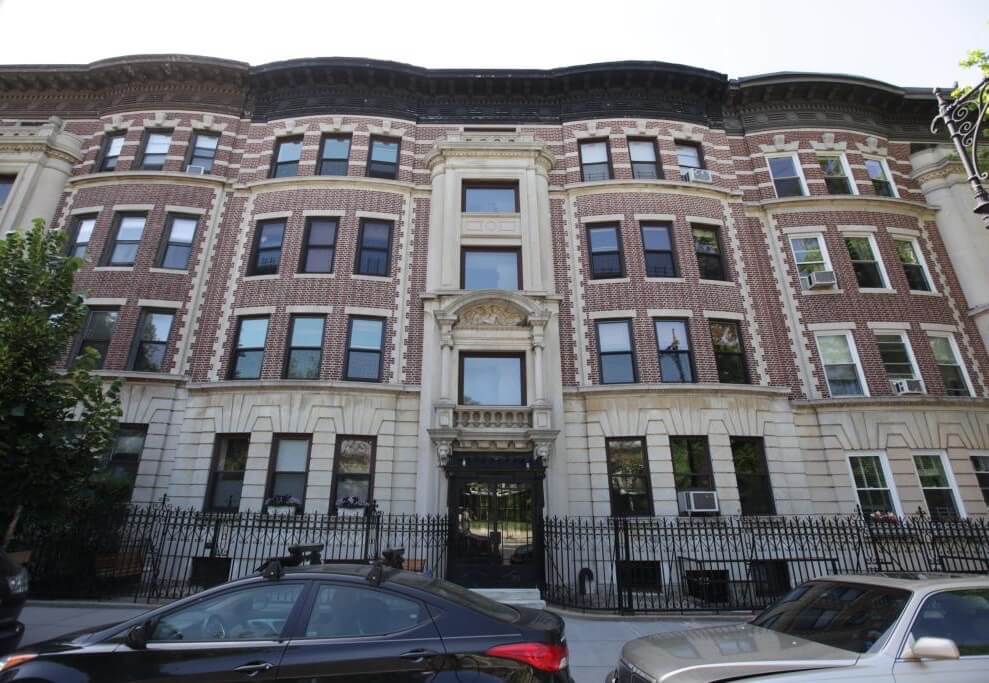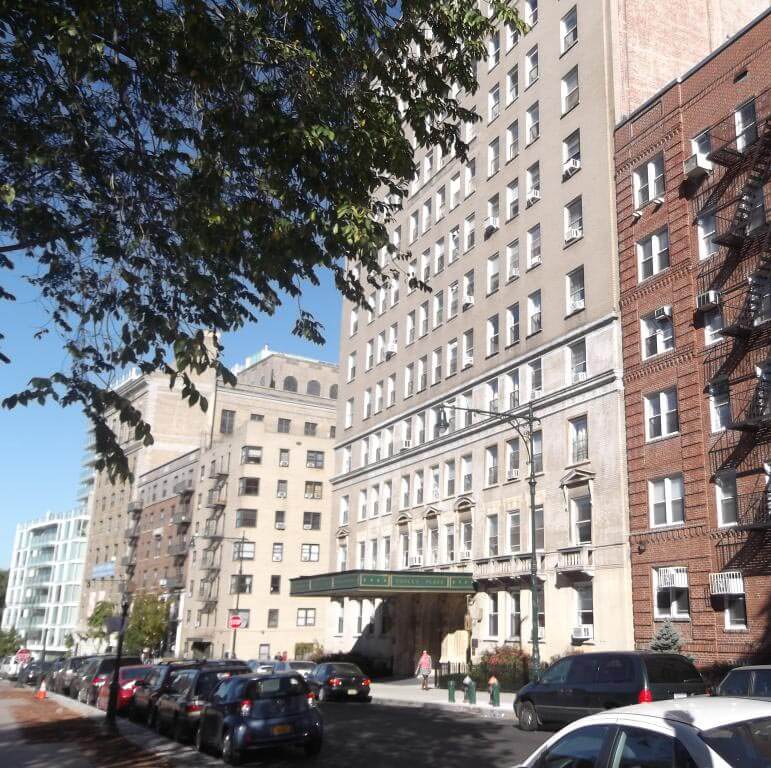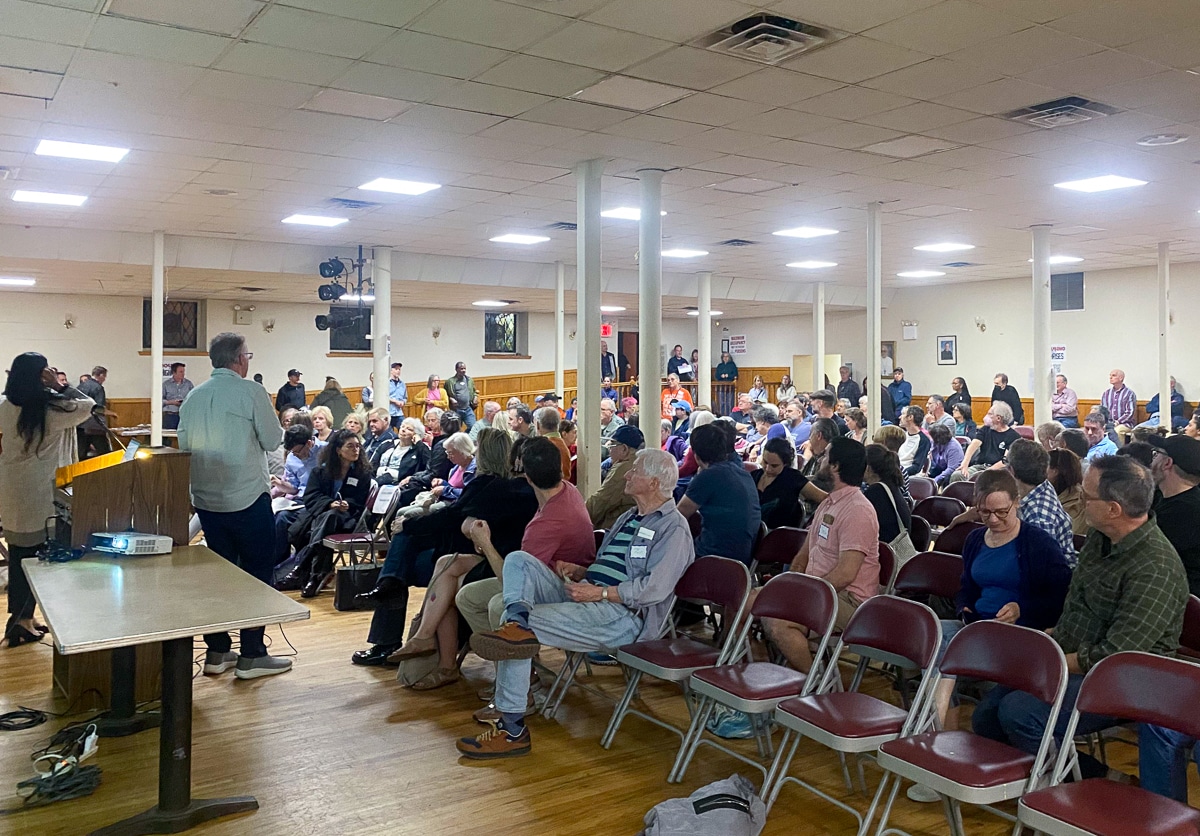What Is a Co-Op Apartment: Everything You Need to Know
Often less expensive than a condo, co-ops have a unique ownership structure, unusual rules and requirements, and a very involved buying process.

What is a co-op? It can be a foreign concept to those new to New York City. Often less expensive than a condo, co-ops have a unique ownership structure, unusual rules and requirements, and a very involved buying process.
A quick definition of a co-op
When you buy a co-op apartment, you are technically buying shares in a corporation, not real property. Your ownership shares entitle you to a proprietary lease, which gives you the right to reside in the apartment.
“Typically, the larger the unit, the more shares you own,” real estate agent Aaron Seawood of Compass told Brownstoner.

Characteristics of a co-op
Co-ops have a unique and strenuous application process and rules about a variety of matters, including subletting and financing.
They typically prohibit subletting, pied-à-terres or purchasing a unit for relatives. So if you want to rent out your apartment, consider a condo.
Many buyers view co-op restrictions as an advantage. “Owning a co-op is beneficial to a lot of people,” real estate broker Alex Calabretta of Douglas Elliman told Brownstoner, “because in most co-ops they don’t allow you to rent the apartment, and people want to live in buildings that are owner occupied.”
Co-ops can also require owner involvement in building management. The board is typically made up of volunteers elected by fellow shareholders. Small co-ops may be self-managed, which means they don’t outsource day-to-day operations to a management company.
Co-ops are often somewhat less expensive than condos of comparable size.

The co-op purchase process
A months-long ordeal, purchasing a co-op requires the preparation of a financial package and, unless you are buying a sponsor unit, a board interview. The process of vetting future shareholders ensures that the co-op remains strong financially.
While rigorous, the process helps to ensure that a co-op is “financially sound” and leads to “less chance of shareholder default,” according to Seawood.

Co-op financial requirements
Co-op boards tend to have stricter requirements than mortgage lenders, with some co-ops requiring extremely large down payments (or all cash) as well as six months to two years of maintenance payments in reserve. In Brooklyn, a down payment of 20 percent and six months cash reserve is the norm, although more is not unheard of. For years, many of the Finnish co-ops in Sunset Park required all-cash purchases, although most now allow financing.

Where to find a co-op
In New York City, co-ops outnumber condos. They are typically found in buildings built before the 1980s, when condos began to proliferate.
Most new construction is condos and rentals, not co-ops. So if you’re looking for a prewar apartment, you’ll most likely end up in a co-op, unless the building was recently converted.
Listings for co-op apartments can be found in Brownstoner’s real estate listings by selecting “co-op” under “type.” Listings specify whether a home is a co-op or some other type of property.
In Brooklyn, co-ops are plentiful where older apartment buildings proliferate. Brooklyn Heights, Prospect Lefferts Gardens, Park Slope, and streets bordering Prospect Park such as Eastern Parkway and Prospect Park West are known for their gracious and charming co-op apartments in Victorian and prewar apartment buildings.
Related Stories
- What Is a Condo and What Are Their Pros and Cons?
- What Is a Condop? Understanding New York’s Rare Apartment Hybrid
- How to Buy a Co-op Apartment in NYC: Here’s How the Process Works
Businesses Mentioned Above
Email tips@brownstoner.com with further comments, questions or tips. Follow Brownstoner on Twitter and Instagram, and like us on Facebook.












What's Your Take? Leave a Comment